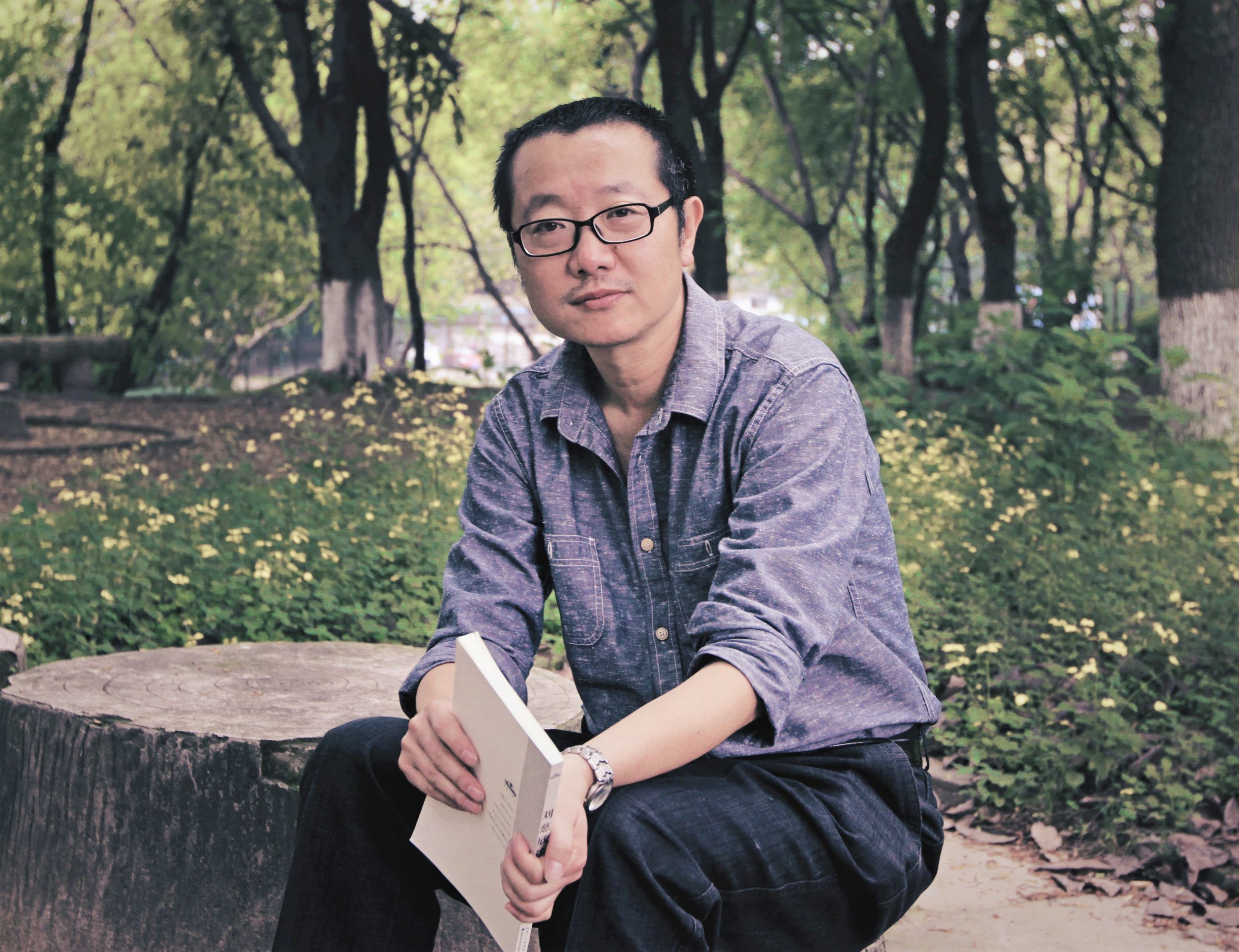Review of Author Cixin Liu's "Supernova Era"
Author Cixin Liu
A different side of China's Revered Sci-Fi Author
Cixin Liu’s latest work, Supernova Era (launching this October & published by Tor Books), begins with a terrifying event—eight light-years from Earth, a dying star explodes into a supernova. Undetected by the world’s astrophysicists, the Earth takes a direct hit from massive waves of radiation, with disastrous effects rippling across the globe.
Though many of the fauna and flora of the Earth wither, miraculously, the chromosomes of children thirteen years and younger are unaffected, and the dying parents discover their children will survive the maelstrom. But what happens when children inherit the Earth?
For readers not familiar with Liu Cixin (publishing under the name Cixin Liu), he burst onto the western scene with his novel, The Three-Body Problem, by winning the Hugo Award in 2015, the first Asian writer to snag the award. The novel was also a 2015 Campbell Award finalist and garnered a nomination for the 2015 Nebula Award. In China, his works have received multiple awards and he has risen to be one of the leading voices in Chinese science fiction. He cites Author C. Clarke's intricate world-building as a major influence in his works.
Liu was born in 1963 (Yangquan, China) during the upheaval of the Cultural Revolution—a major impact on his life. Liu was educated at the North China University of Water Conservancy and Electric Power, and then worked as a computer engineer. [primary source: Wikipedia]
Liu’s artistic side blends seamlessly with his engineering chops. In his hands, physics becomes a palette of color and texture—he illustrates the supernova’s impact on the world in poetic prose: “... its light scattered in the atmosphere, turning it into an enormous, blinding, poison spider hanging in the western sky.”
However, unlike his Remembrance of the Earth’s Past Trilogy, Liu’s Supernova Era reveals another side of this creative science fiction author as he spins a tale, written like a history book, of how a random stellar occurrence kills off the adults of the planet, leaving the children to run the world.
Excerpts from the book:
In those days, Earth was a planet in space.
In those days, Beijing was a city on Earth.
On this night, history as known to humanity came to an end.
Influenced by writers such as George Orwell and William Golding’s Lord of the Flies (written as a reaction to World War II), Supernova Era takes on a nightmarish societal treatise. Liu wrote the novel in 1989 while in Beijing just before the Tiananmen Square massacre. He describes that night:
In June of that year [1989] I was in Beijing, a city in the midst of political turmoil, and on the night of June 4, I listened in my hotel to the chaotic noise outside, and the muffled sounds of gunfire. That night I dreamed of a limitless expanse of snow, whipped up by the wind into a ground blizzard, and an object—perhaps the sun or a star—glowing with a blinding blue light that painted the sky an eerie color between purple and green. And beneath that dim glow, a formation of children advanced across the snowy ground, white scarves wrapped around their heads, rifles fitted with gleaming bayonets, singing some unrecognizable song as they moved forward in unison. . . . When I recall the horror of that grim scene it still gives me palpitations. I awoke in a cold sweat and couldn’t get back to sleep, and that’s when the germ of the idea for Supernova Era first took shape.
In Supernova Era, an innocent child’s voice recites the terror of a chaotic world held hostage by puerile leaders. Though Cixin Liu writes from a Chinese perspective, his stories highlight the universality of the human experience—the darkness and light—the love and fear—that exist within us all.
Supernova Era was translated into English by Joel Martinsen.
This review was initially published on FUTURISM: Review of Author Cixin Liu's 'Supernova Era'
K.E. Lanning is the author of THE MELT TRILOGY: A Spider Sat Beside Her, The Sting of the Bee, and Listen to the Birds
SUBSCRIBE TO K.E. LANNING TO RECEIVE BLOG ARTICLES AND AUTHOR UPDATES
What if the ice caps melted . . . in one human lifespan?

